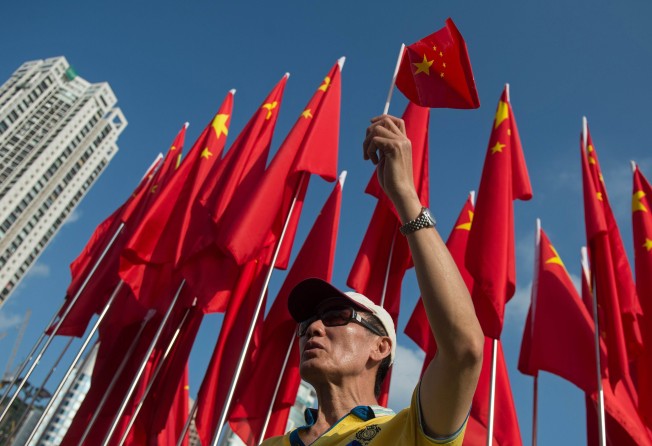National anthem law need not face Hong Kong political strains
As long as it sensibly adapted to suit the city’s circumstances, Carrie Lam is right to urge the public not to be overly sensitive

It is not uncommon for societies that cherish free speech to draw a line when it comes to protecting symbols of national sovereignty and dignity from acts that dishonour and insult them. What sets Hong Kong apart is the need to adapt mainland law to our common law system under “one country, two systems”. A case in point is a new law to protect the national anthem from misuse and abuse such as mockery or parody. The National People’s Congress Standing Committee is expected to propose inserting the national anthem law into Annex III of Hong Kong’s Basic Law, the city’s mini-constitution, at its meeting in October. This would call for local lawmakers to enact our own legislation.
Pan-democrats have been quick to point out that the law must be adapted to reflect the city’s rights and freedoms. Chief Executive Carrie Law Cheng Yuet-ngor sees no difficulty, comparing it with how the city adopted legislation protecting the national flag and emblem in the past to its situation.
Ironically, until now, it has taken outsiders to draw the line on disrespect for the national anthem in Hong Kong, with world soccer authorities fining and censuring the local soccer association after the anthem was booed during unruly crowd scenes at a China-Hong Kong World Cup qualifying match in 2015.
Individuals escaped any consequences then, but that may not be the case under the draft law, which calls on people to stand respectfully for the anthem.
The 2015 incident is not only a reminder that politics does not mix well with sport, but also that freedom of speech is not absolute. In a case of desecration of the national flag at a protest in 1998, our top court ruled that restrictions to protect national dignity were justified.
The law also proposes 15 days’ administrative detention for malicious revision or derogatory performance of the anthem, an example of summary process unfamiliar to Hong Kong. But subject to sensible adaptation of the mainland law to suit city circumstances, Lam is right to urge Hongkongers not to be overly sensitive and politicise it. The principle is to reconcile the upholding of due respect for symbols of national sovereignty and dignity with Hong Kong’s rule of law and freedoms.